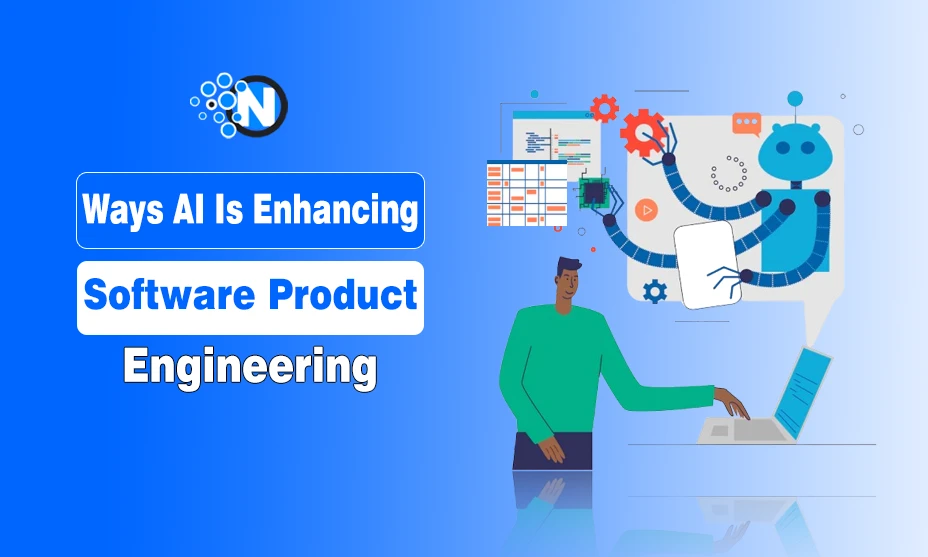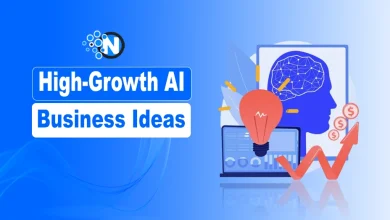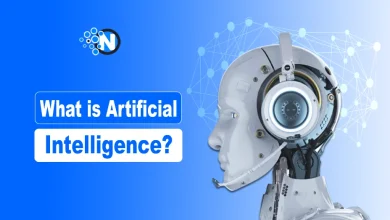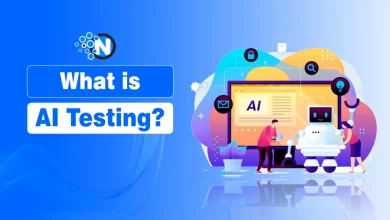5 Ways AI Is Enhancing Software Product Engineering

The software development business is witnessing a dramatic shift driven by ground-breaking advancements in artificial intelligence, which is driving the continued swift growth of technology. These are no longer buzzwords but have become the tools of choice for the developer and engineer, changing the whole software product engineering lifecycle paradigm.
From workflow optimization and automation to user personalization, AI raises software engineering standards. Their influence grows. These solutions accelerate software development, reduce errors, and boost efficiency across the development process. To build strong, trustworthy apps, predictive analytics will help developers anticipate and resolve issues.
This article will look at five critical ways AI is shaping the future of software product engineering.
1. Accelerating Development with AI-Powered Automation
Probably the most important benefit that AI brings to the table for software product engineering is that certain task automation is repetitive and time-consuming. With additions such as AI-enabled code generation and debugging tools, this reduces the business hours spent hitherto in developing or maintaining software products.
AI-driven tools’ analysis of patterns, detection of anomalies, and generation of optimal code will perfectly fit the developers’ workflow, leaving them with a large, seamless, and coherent codebase groundwork to focus on higher-value, strategic contributions to drive innovation and project impact. At every scale of software product engineering, automation through AI is crucially raising high bars with high standards by automating the regularity of coding.
AI will smooth out the CI/CD pipelines for seamless software delivery. Predictive analytics flag potential bottlenecks in the development cycle much earlier than teams can, which enables intervention before the problems get worse and delays projects. Thus, development teams can ensure their projects remain on track without being hampered by innovation and excellence.

2. Optimizing Product Design through Predictive Analytics
Product engineering is the art of designing a software product to handle emerging user needs. AI transforms this process and brings in some data-driven insight that usually forms a basis for design decisions.
By considering historical user behavior and market trends, AI models predict preferences of features, patterns of user engagement, and potential pain points. With this information, product teams make better decisions about designing UI/UX and build products that resonate better with the target audience.
In addition, AI-powered predictive analytics lets teams decide on feature development based on customer/impact projections and commits resources to the most valuable product enhancements.

3. Enhancing Software Quality with Intelligent Testing
One of the biggest challenges a product engineering team always faces is ensuring the quality and reliability of software products. AI is revolutionizing software testing, enabling intelligent and more efficient quality assurance processes.
Thus, AI-driven tools can undertake all-important automated testing for functional issues, regression, and even performance analysis, saving much time needed for manual testing. Similarly, predictive models can use the codebase to isolate high-risk areas where concerted effort needs to be concentrated within those isolated areas.
Also, AI-based anomaly detection algorithms will identify issues that traditional testing methods could have missed, hence a higher degree of software reliability and stability. This proactive approach toward quality assurance helps in early defect detection and resolution at an early stage of the development lifecycle, thus resulting in better-quality software products.
4. Enabling Adaptive Systems
A software product should be self-adaptable to continuously changing users’ needs and business demands. AI tends to enable the development of a software system that learns independently to improve itself and personalize for users.
It allows the software products to remain informed by continuously learning from users and the data, integrated with the knowledge and power of AI models. This nature of adaptability makes the software provide a personalized experience to its users based on real-time data so that the product remains relevant and interesting to them.
Besides, the possibility to foresee and adapt to future trends of AI models demonstrates how much it can keep software products relevant for longer and better suited to meet the changing market demands.

5. Driving Innovation Through AI-Powered Prototyping
Software product engineering encourages innovation, and teams work relentlessly to create something unique and differentiated. AI gives product teams an edge or advantage in speeding up rapid prototyping and validation within new product concept development tasks, reducing associated development risks, and making the entire innovation process genuinely great.
With AI-powered tools, rapid prototypes can be built from user requirements, enabling teams to validate ideas and gather feedback before full-scale development quickly. These include simulations and virtual test environments that let teams gauge new product concepts’ feasibility and user experience without extended development efforts.
AI-powered prototyping lets product teams iterate and improve their ideas with real-time user feedback, making the software products innovative and user-centric.

Conclusion
Integrating AI technologies is becoming crucial in the ever-evolving landscape of software product engineering. Moving from accelerating development by automation and enhancing product design to quality assurance, these innovative technologies are changing how software products are engineered.
The role of AI in driving the innovation of software products will only further increase. Enabling the development of adaptive, user-centric systems, fast-tracking prototyping, and validation of new ideas, AI is bound to define the future course of software product engineering in empowering teams towards intelligent, effective, differentiated software product development that can meet the ever-changing demands of the digital world.




